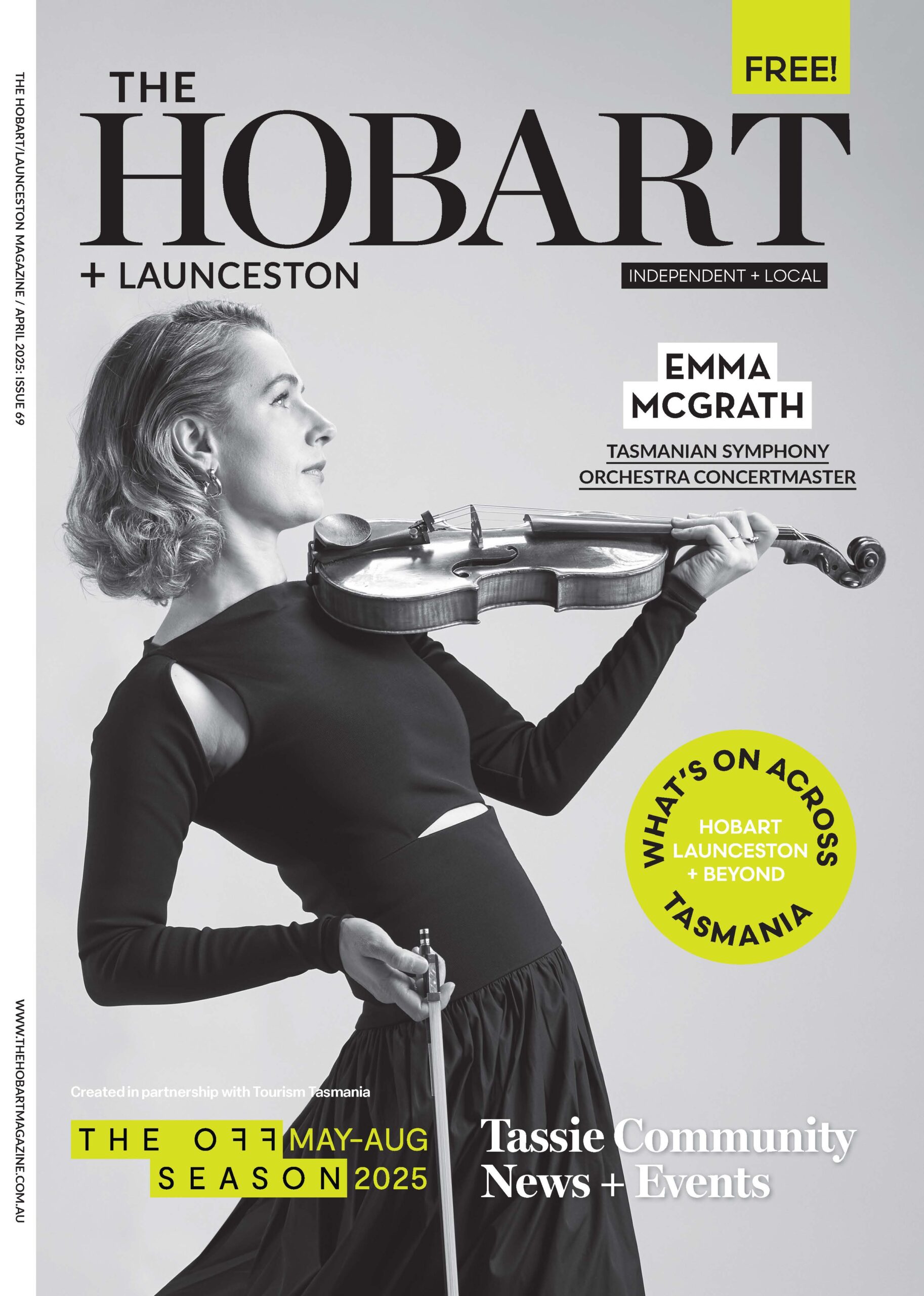Homelessness Crisis in Hobart with 45% Increase
by Stephanie Williams

Whether we’re personally impacted by homelessness or not, there’s no denying it’s an issue that is getting worse in Hobart. We caught up with Dr Charlie Burton, Acting CEO of the Tasmanian Council of Social Services (TasCOSS), to see what he thought could be done.
How would you describe the scale of homelessness in Hobart at the moment? According to recent homelessness data released by the Australian Bureau of Statistics (ABS), the number of people experiencing homelessness in Tasmania increased by 45% in the past five years – this was nine times higher than the national increase. Ten percent of people experiencing homelessness are rough sleeping, which is the second highest rate in the country. And 39% of people experiencing homelessness in Tasmania are children and young people under the age of 25. The right to secure, safe and affordable shelter is a basic human right; housing underpins every other aspect of our lives and so should be every government’s highest priority.
What do you attribute the rise in homelessness to? The drivers of homelessness vary but can include family and domestic violence, illness, loss of employment, lack of affordable housing or mental ill health. Right now, a key driver is the lack of social housing and we join Shelter Tasmania in calling for 10% of all dwellings to be social and affordable housing. Low wages, insecure work, increased cost of living pressures and a lack of appropriate housing options — compounded by an impenetrable private housing market — are contributing to the rise in homelessness.
What would you like to see the government doing to address this? The Tasmanian Government’s commitment of 10,000 homes over 10 years is welcome, but the reality is these homes have a long pipeline so we need to explore every available solution to get Tasmanians safely and affordably housed. These include improving the private rental market by temporarily capping rents, limiting whole homes moving from private rentals to the short stay accommodation sector, introducing an empty homes levy and reviewing the Residential Tenancy Act to give more security of tenure to tenants. The Federal Government can also do more by increasing the rate of Youth Allowance, JobSeeker and Commonwealth Rent Assistance, which simply hasn’t kept up with rental costs. We need a healthy, housed and supported population if our state is to grow in a way that is fair and inclusive.
What action is most needed right now as we approach winter? During COVID we saw governments act quickly to ensure people experiencing homelessness had a safe roof over their heads. Solutions include brokering hotel accommodation, and we should keep options like these open this winter. For Tasmanians who do have a roof over their head, many on low incomes will be living in homes that are so poorly insulated and maintained that their homes are unhealthy. Many others can’t afford to heat their homes to a healthy temperature. TasCOSS wants to see a government-funded program of investment in energy efficiency upgrades and improvements for existing homes of Tasmanians on low incomes, whether they rent or own, together with minimum energy efficiency standards for rental properties.
How can we help? As we head into the colder months of winter in Tasmania, we will undoubtedly see increased need for community services and support, whether this be in the form of food relief, housing or warm clothes. Relief in the form of food or warm winter clothing can make the difference between paying the energy bill on time or going without a meal so your child can have a warm coat to wear. We encourage everyone in the community, if they can, to donate unwanted or unused coats, jumpers to your local charity. But please make sure they are in good condition – don’t donate anything you wouldn’t wear yourself. Just because someone might be on a low income doesn’t mean they don’t deserve dignity. Equally, if you can donate your time, the network of community services organisations across the state are always on the lookout for keen volunteers. This can be incredibly rewarding and I’d encourage everyone to give volunteering a try.

